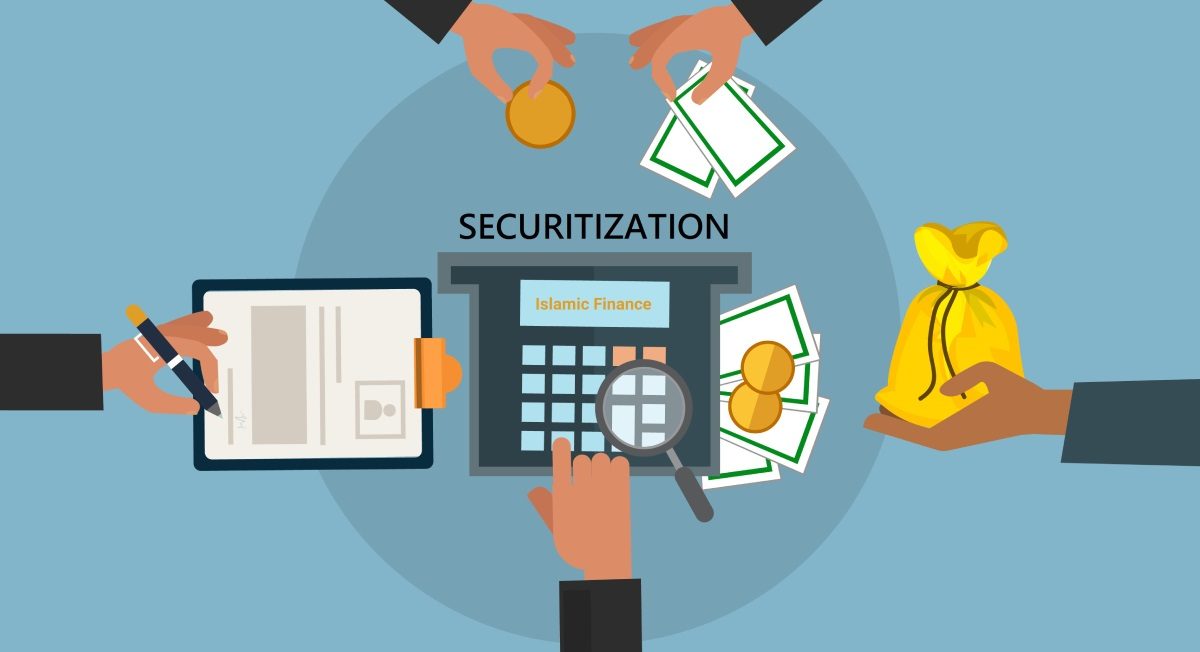Securitization platform for Islamic liquidity management

This article was originally published in Islamic Finance News (IFN).
Liquidity management has been one of the major hurdles faced by Islamic banks since inception, owing to the dearth of instruments that help maintain liquidity while complying with Shariah laws. Due to the unavailability of compliant instruments, Islamic banks typically hold a large amount of liquid assets in their balance sheets until maturity and are dependent on their balance sheet assets for liquidity management.
The excess idle cash adds pressure on their profitability when compared to conventional banks. In addition, Islamic banks hold many asset-backed funding contracts, from which they are unable to benefit t from a liquidity perspective.
The introduction of a securitization platform will help ease the pressure on Sukuk and offer investors and banks an alternative that could address some of Sukuk’s shortcomings.
A potential solution to this problem could be the establishment of a securitization platform that would enable Islamic banks to lighten their balance sheets and transfer some of their liquid assets into financial instruments.
The securitization platform provides a means for Islamic banks to provide investors with Shariah compliant certificates in exchange for cash flow.
The solution would also be a flexible and transparent alternative for Islamic banks to increase their working capital. The increase in working capital will allow Islamic banks to fund additional projects while meeting their regulatory liquidity requirements at the same time.
The platform intends to securitize cash generating financial assets into tradable certificates that are then distributed to investors. The assets would be profiled based on parameters ranging from their maturity, risk and nature. They would then be put into different portfolios, for which certificates would be generated and issued to investors. The certificates would be backed by these assets and would be Shariah compliant by nature.
The resultant certificates would possess different maturity profiles that meet investor requirements. The task of acquiring these assets, pooling them together, segregating and converting them into financial instruments and distributing them to investors will be performed by the platform.
Securitization of assets is already prevalent in the Islamic finance industry in the form of Sukuk, which are widely sought after by Islamic asset managers. However, they have a few drawbacks such as a lack of variety, a lack of developed secondary markets and the ‘buy and hold till maturity’ nature of certain instruments. Additionally, a large portion of Islamic banking assets is usually allocated to investments like Murabahah that are short-term in nature and are non-tradable. The introduction of a securitization platform will help ease the pressure on Sukuk and offer investors and banks an alternative that could address some of Sukuk’s shortcomings.
